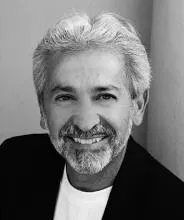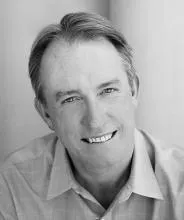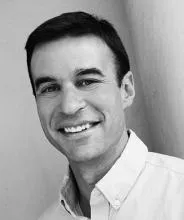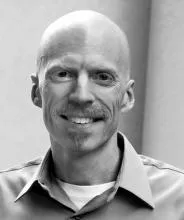
2013 Downtown Lecture Series

Pursuing and Finding Happiness
Oct. 16, 2013
Celestino Fernández

Compassion Training as a Path to Genuine Happiness
Oct. 23, 2014
Charles Raison
Most of us seek happiness by approaching what we desire, avoiding what we dislike or fear…and ignoring all the rest. Dr. Raison presents a radically different approach to enhancing well-being, one that embraces conflict and frustration as a means to produce internal changes linked to happiness. Derived from ancient Tibetan lojong Buddhist teachings, this approach has been secularized into a technique known as Cognitively-Based Compassion Training, or CBCT. Dr. Raison will introduce this technique and present evidence that compassion training has the potential to optimize emotional and physical health through a variety of interrelated effects, including improving emotional and biological stress responses, and enhancing the brain’s empathic responses to others in ways that might reduce depression.

How Our Surroundings Influence Happiness and Health
Oct. 30, 2014
Esther Sternberg
Do the places and spaces around us affect our happiness and health? Dr. Sternberg will show how our physical environment, experienced through each of the senses, can affect emotions and trigger the brain’s stress or relaxation responses. These in turn explain how place and space around can either help healing or potentially harm health. Dr. Sternberg will review the many connections between the brain and the immune system, which underlie these effects. Dr. Sternberg’s research enables individuals to structure their environment and activities to best buffer the negative effects of stress, helps healthcare providers judge how and when to apply mind-body therapies, and assists healthcare and hospital designers in creating spaces that facilitate healing. These principles also apply to the effects of the larger world on health, including urban design, which are both good for the environment and help sustain health.

The Evolutionary Links Between Exercise and Happiness
Nov. 6, 2014
David Raichlen
Why do some activities make us happy? Dr. Raichlen shares recent evidence which suggests our brains are wired to enjoy behaviors that helped our ancestors survive hunting and gathering lifestyles. For example, when we exercise, our bodies produce neurochemicals that improve our mood and make us happy. This is no accident. Evolution likely linked these neurobiological “rewards” with exercise to help motivate early humans to increase activity levels in search of food. This same process explains why so many behaviors make us happy, providing a window into how we can change our mood through our actions. Taking cues from our evolutionary history shows how our brains and bodies are powerfully interconnected and provides a novel mechanism to increase our happiness today.

Happiness – A Feeling or a Future?
Nov. 13, 2014
David Russell
We all agree that happiness is something we want, even if there has never been much agreement about what makes us happy. But as Dr. Russell explains, there has also been an important shift in why we talk about happiness in the first place. When “happiness” comes up in discussion today, it’s usually because the discussion is about a feeling. In ancient Greek philosophy, however, “happiness” came up when the discussion was about a future—a practical discussion about what kind of life to give oneself and what kinds of things to live for. Since that discussion is as important today as it has ever been, Dr. Russell explores this ancient tradition in search of new directions for contemporary thought about the good lives we want for ourselves and for others.

